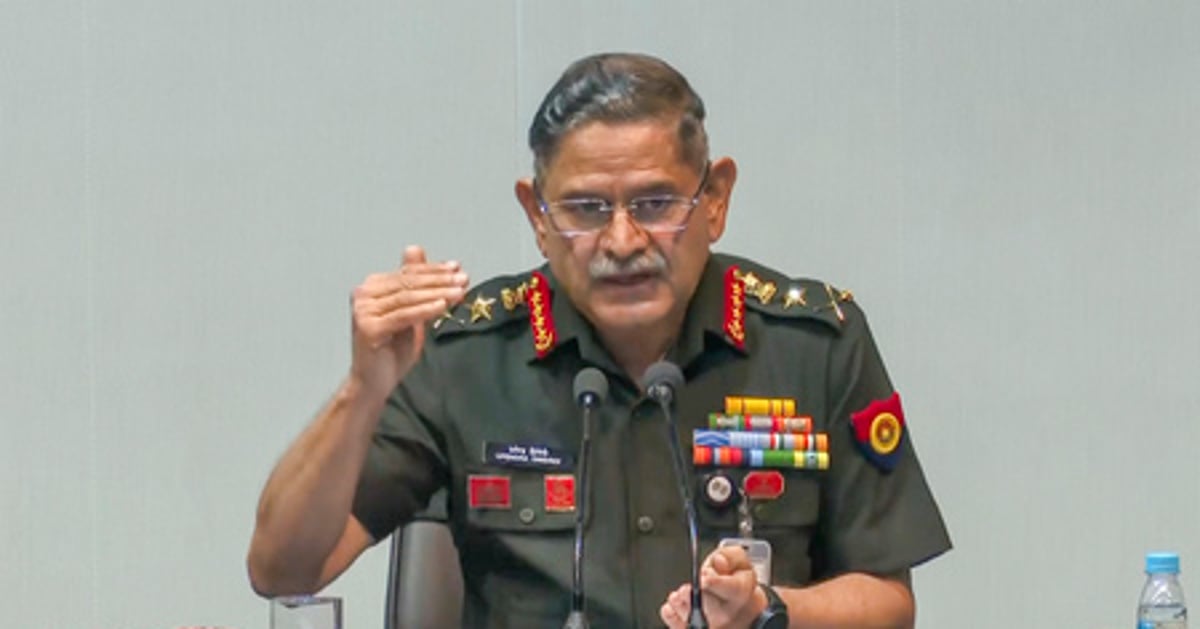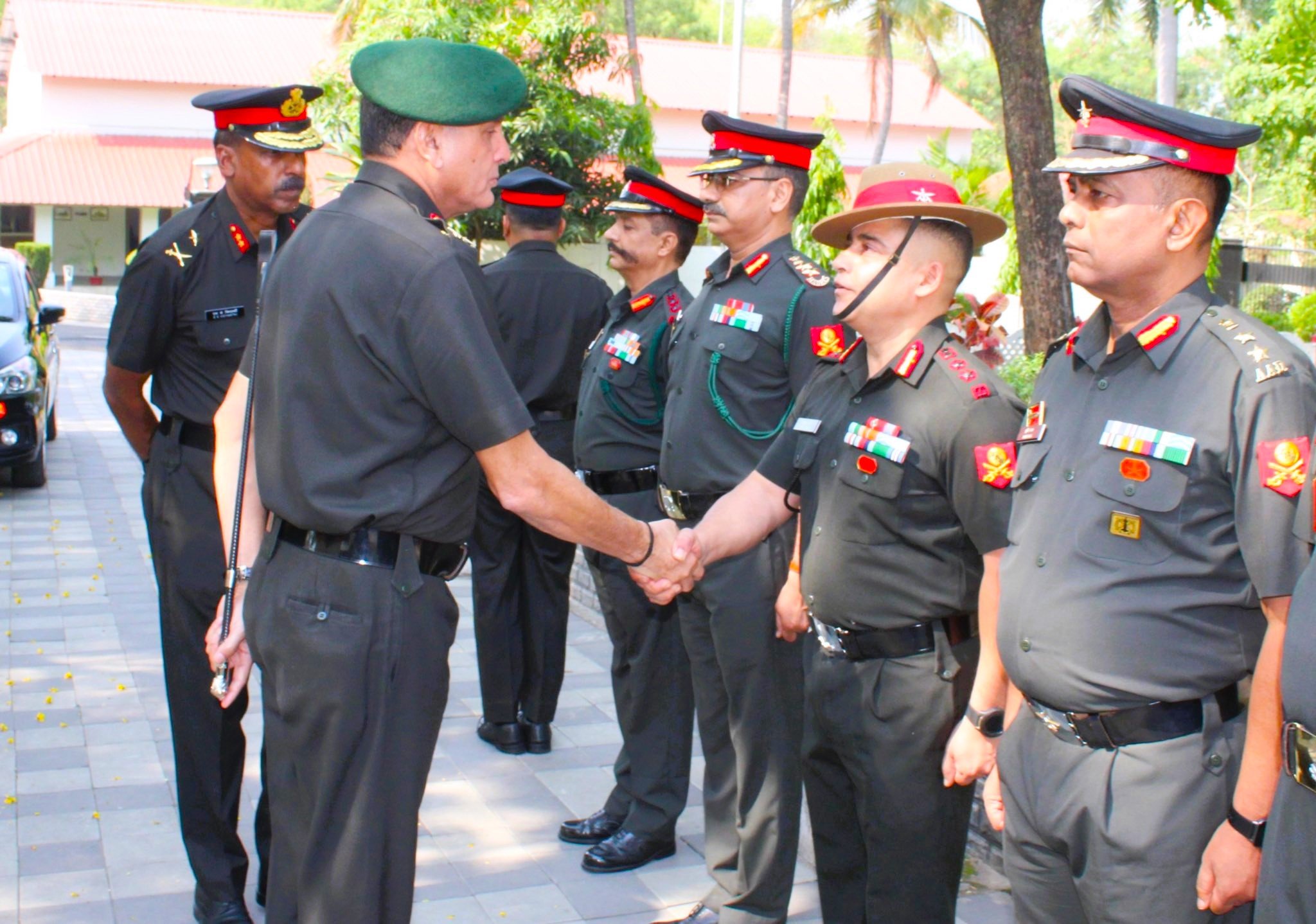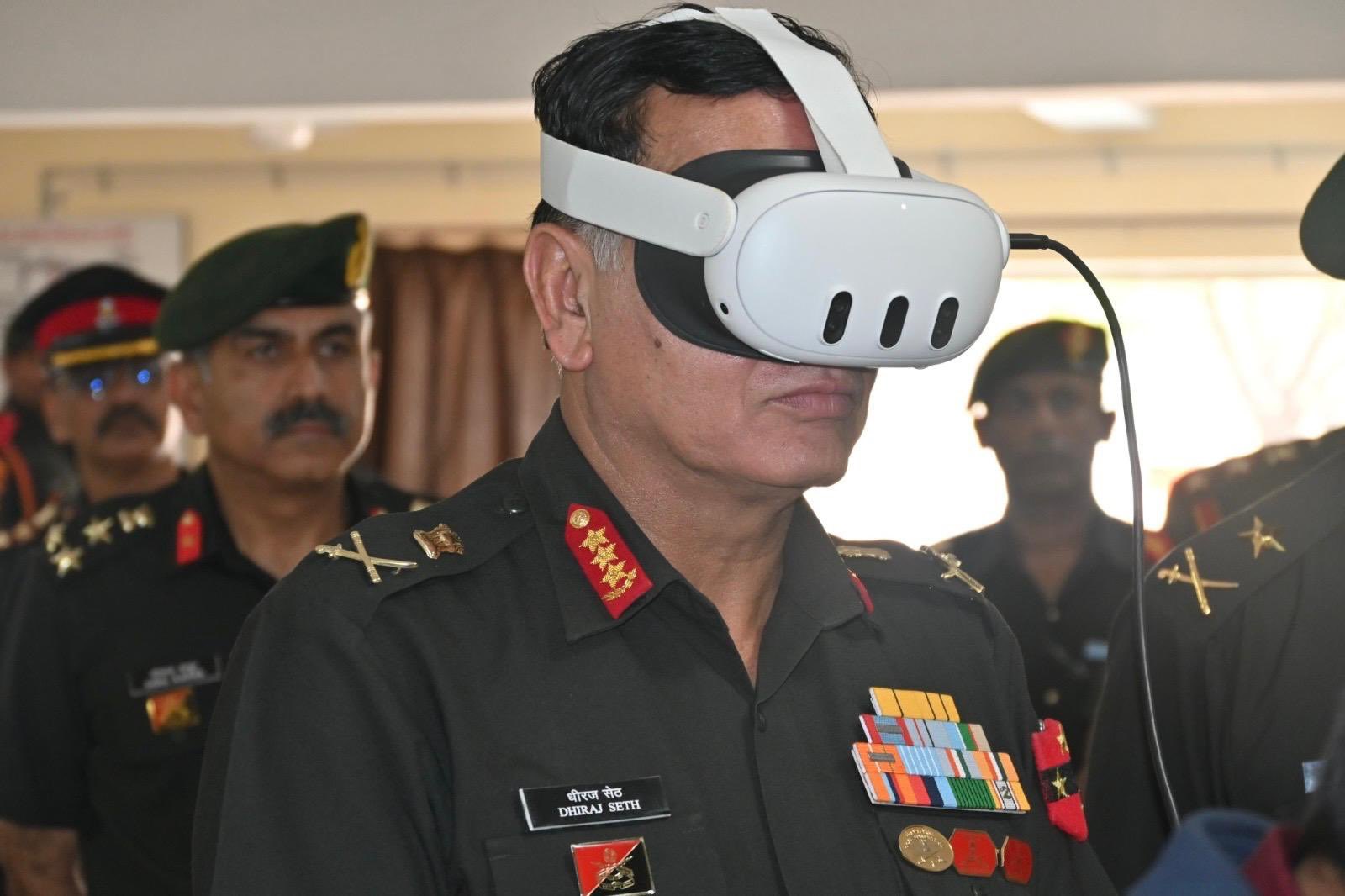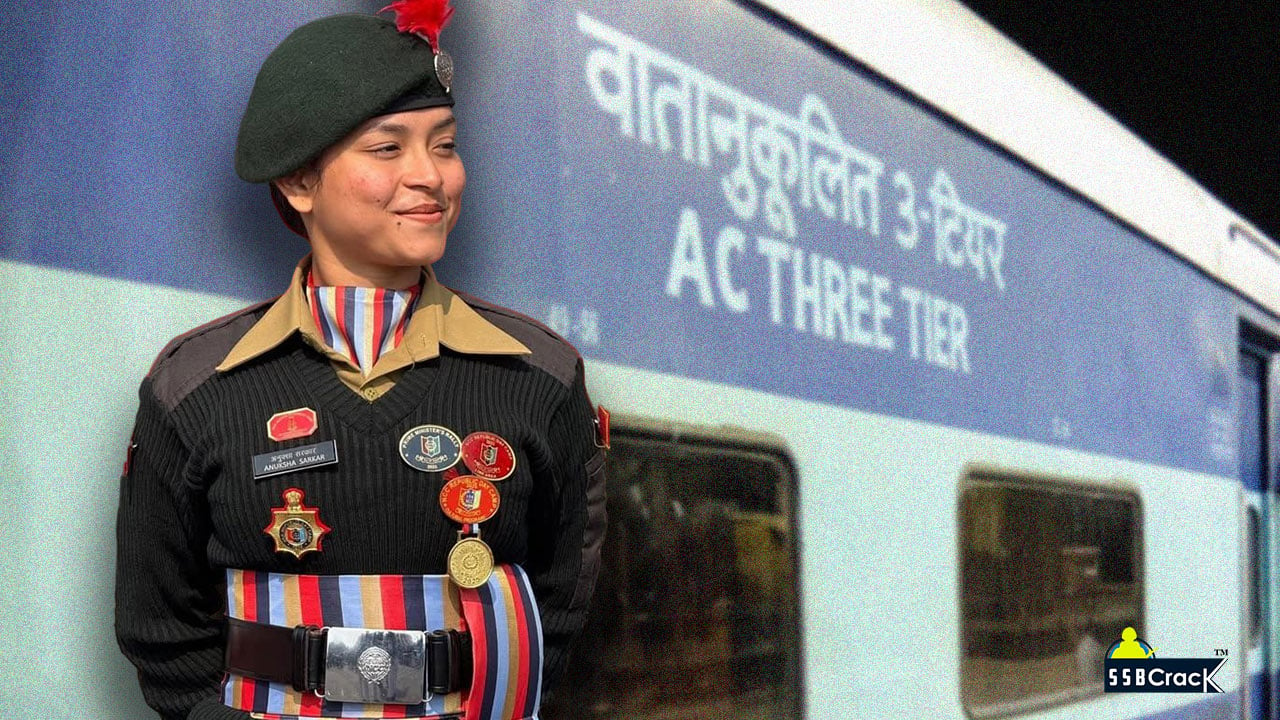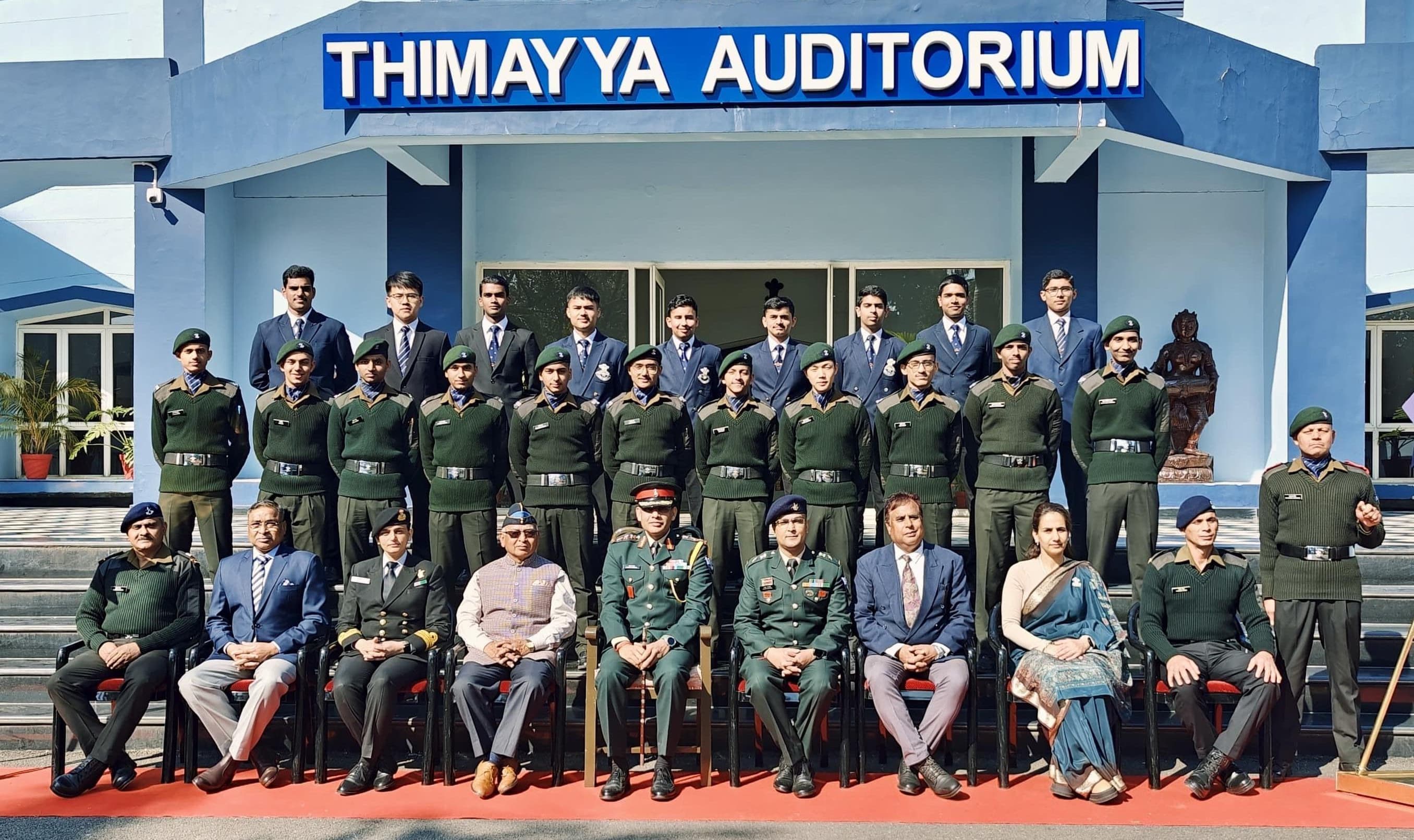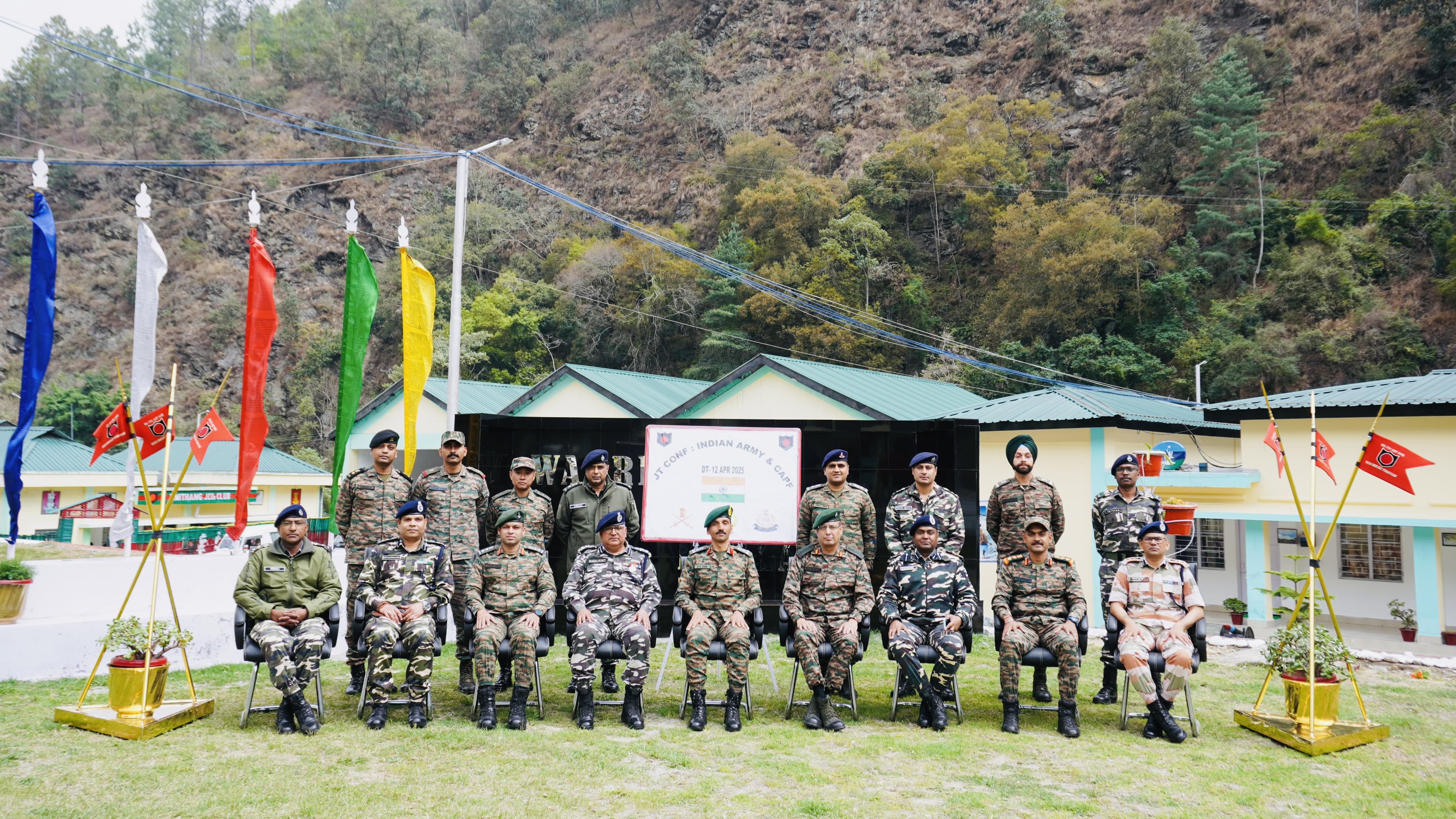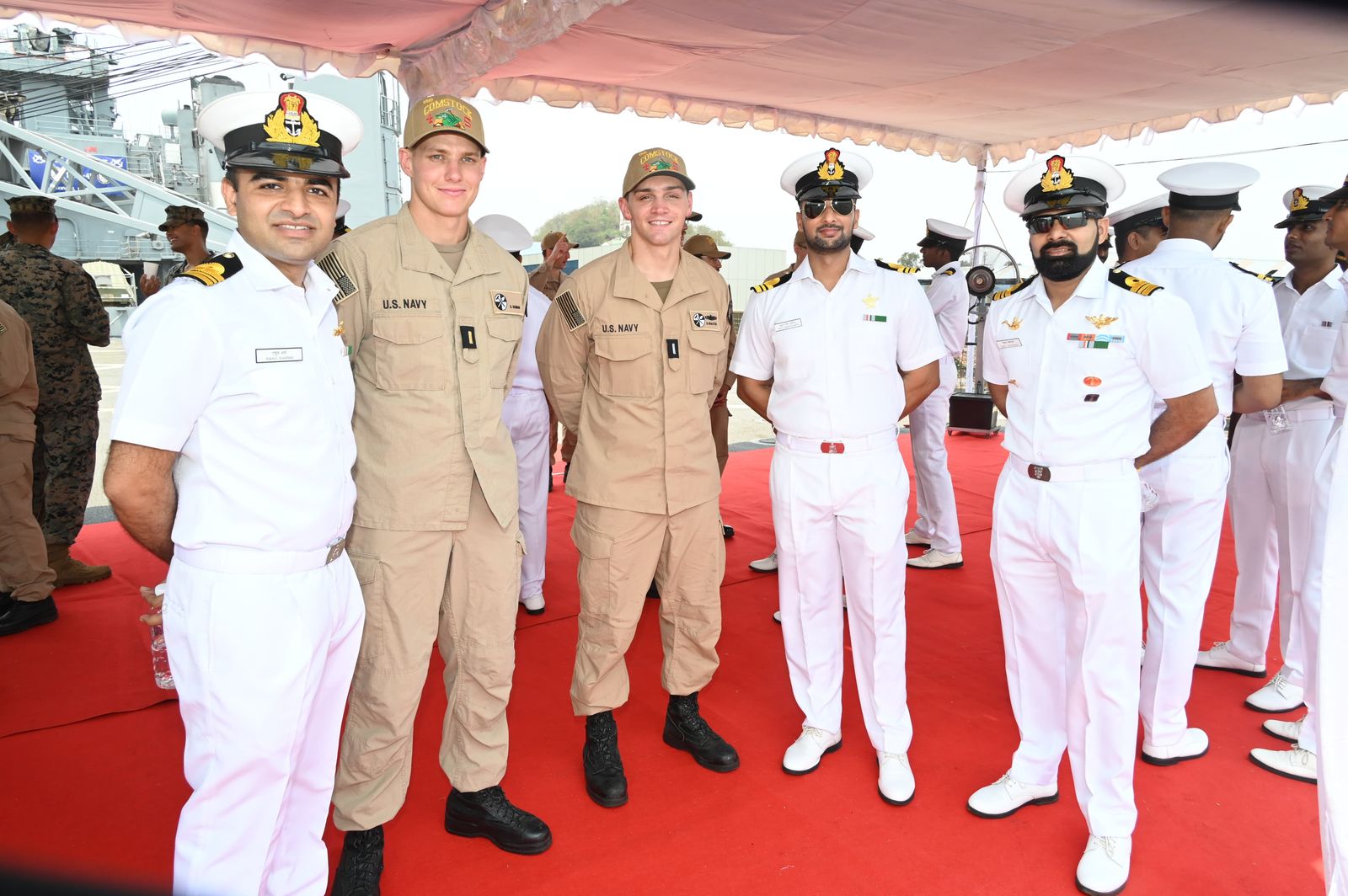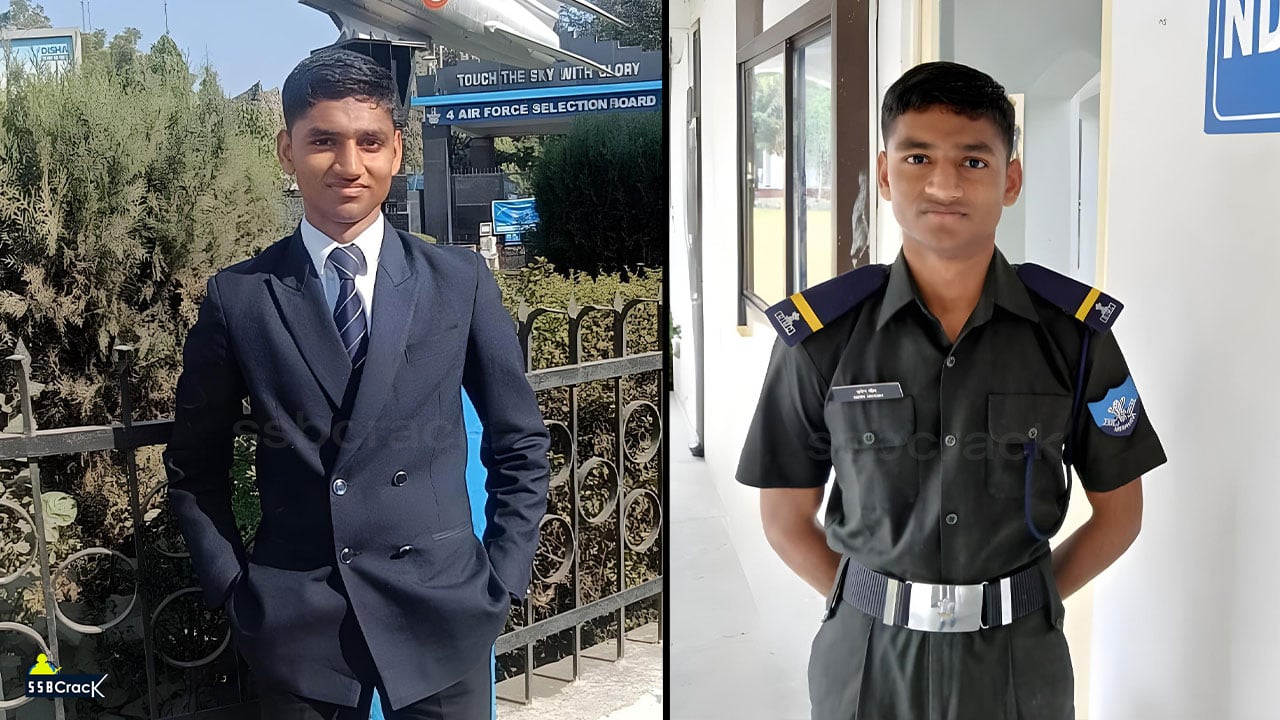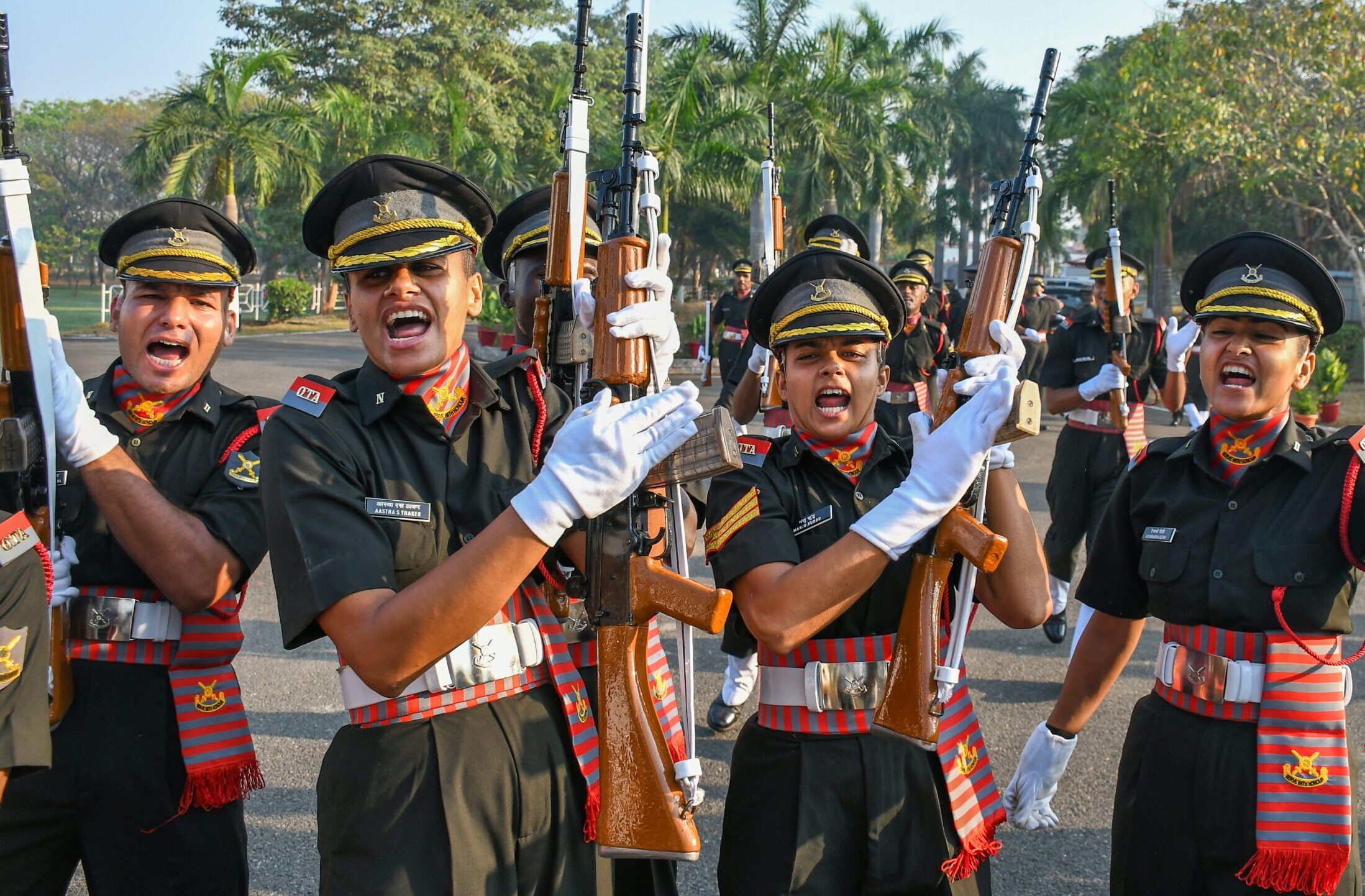The strong bond between India and Nepal is being further reinforced by the significant presence of over 88,000 Indian ex-servicemen residing in Nepal. These veterans, who have served in the Indian Army, play a crucial role in fostering connections between the two nations. Many ex-servicemen are actively involved in various sectors, including education, healthcare, and rural development, making them an essential bridge that enhances people-to-people ties and contributing significantly to the socio-economic landscape of Nepal.
The upcoming visit of General Dwivedi is seen as a pivotal moment in the continuation and strengthening of these ties. With a focus on collaboration across multiple fronts, including joint military exercises, training programs, and discussions surrounding regional and global security concerns, this visit is expected to yield considerable advancements in bilateral relations.
Military cooperation between India and Nepal has remained robust, marked by regular exchanges of military training, visits, and initiatives aimed at defence modernization. Both nations recognize the importance of enhancing their mutual military capabilities and have been actively engaged in various training programs. This year alone, over 300 Nepali Army personnel have undergone specialized training in India, focusing on critical areas such as counterinsurgency, leadership development, and peacekeeping. Conversely, Indian Army personnel have also benefited from courses conducted in Nepal, showcasing a reciprocal exchange that enhances professional expertise.
One of the cornerstones of India-Nepal military cooperation is the annual Surya Kiran joint military exercise. This exercise aims to improve interoperability between the two armed forces and will reach its 18th edition in December 2024 in Nepal. Notably, the scope and complexity of this exercise are set to expand, enhancing operational synergy and preparedness for a range of scenarios, including counterterrorism, disaster relief, and humanitarian assistance.
India has been proactive in supporting Nepal’s military modernization efforts by supplying various forms of military hardware, such as small arms, vehicles, and advanced training simulators. Central to these initiatives is the Nepal-India Bilateral Consultative Group on Security Issues (NIBCGSI), which has convened 15 meetings to address and enhance defence cooperation. Through these discussions, several equipment needs have already been addressed, and the forthcoming visit of General Dwivedi presents an excellent opportunity to build upon these engagements. Topics on the agenda are likely to include improving disaster response mechanisms and expanding regional security cooperation.
As both nations continue to navigate the complexities of the security landscape, the commitments made during General Dwivedi’s visit are expected to reinforce the longstanding partnership, ensuring a collective response to shared challenges while celebrating the enduring bonds forged through history and mutual respect.

